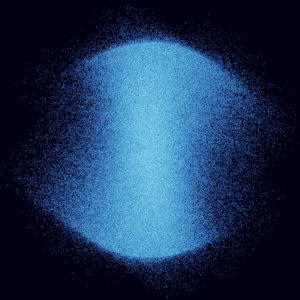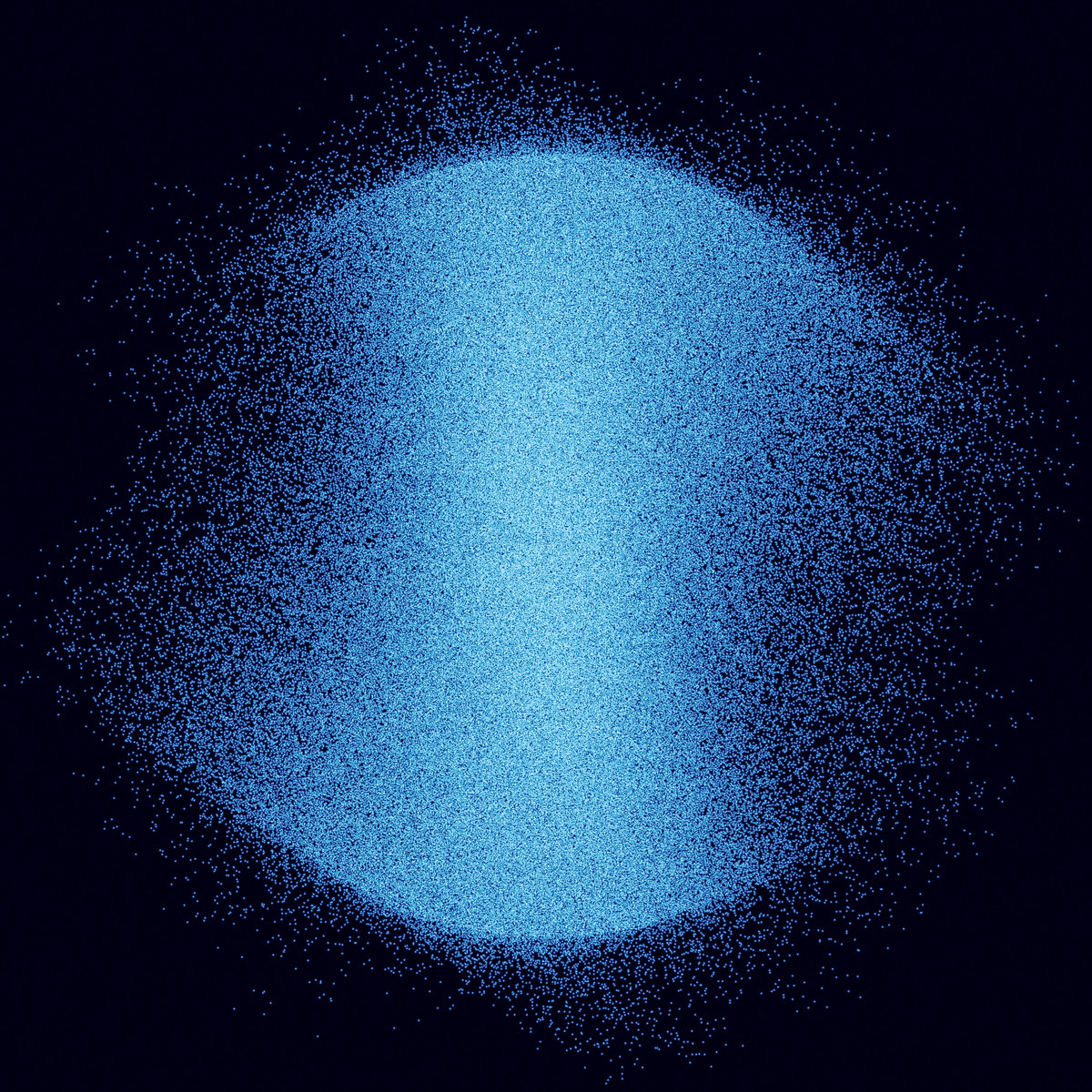 Deafheaven
Deafheaven
Infinite Granite
SARGENT HOUSE
8/10
Deafheaven is always moving and shedding its old skin with each new release. The San Francisco quintet knows its place in and outside of the metal world, but is never comfortable with staying there after bringing in new audiences from other genres. The constant molting of post-rock, shoegaze, and atmospheric black metal patterns in order to add in new bands of color still remains today. They thankfully don’t seem to care about any of this discourse around their albums, and Infinite Granite is their latest blast of spacey and blue moods.
The headline for their fifth studio album is that frontman George Clarke sings in a clear way this time (far less vocal-cord-shredding than previous recordings), but the venomous punch of metal is lurking in the shadows ready to strike out at any time (portions of Ordinary Corrupt Human Love signaled the start of this inevitable shift for the band). Clarke’s sometimes-scant-but-attractive singing voice lacks in absolute classical range, but he makes up for that with his delivery, which is a meeting of moods somewhere between forlorn melancholy and bubbling anger. His modest vocals serve as a second coat of paint on a well-built house that’s already standing firm. His bandmates also continue to evolve in fascinating ways: Lead guitarist Kerry McCoy flexes his compositional muscles, and bassist Chris Johnson, drummer Daniel Tracy, and rhythm guitarist Shiv Mehra fill in all that atmospheric space with a good sense of restraint and momentum.
This album really sets a dusky and cerulean mood for itself. The kaleidoscopic first single “Great Mass of Color,” shoegaze-y opener “Shellstar,” stratospheric rocker “Lament for Wasps,” and final track “Mombasa” epitomize these multi-genre dynamics. “Mombasa” in particular is a monstrous way to end the album, sounding like a tsunami of instruments coming through the speakers, pulling everything low in the mix toward it. The production from Justin Meldal-Johnsen—known for his work with Paramore, M83, and Metric, among others—focuses the slow builds on “Villain” and “The Gnashing.” Clarke’s vocal performance on both songs guide the rest of the group as they cycle between soft wash and screaming hits instead of being lost in the tumult.
Instead of constantly reaching for the same musical heights, Deafheaven has focused on broadening their stylistic horizons to pull in ’90s alt rock, ambient space-rock experimentation, and the confessional lyrical heritage of emo. Infinite Granite’s best tracks unfurl slowly before dropping a tumult of guitars, bass, and drums when you least expect them. Their measured evolution from 2011’s Roads to Judah’s sooty lens on rock and metal to the genre-hopping heard on Ordinary Corrupt Human Love and Infinite Granite is on a branched path. Clarke ends Infinite Granite with the following words: “Travel now / Where they can’t let you down / Where you can’t fail them now.” This feels like a fitting way to encapsulate Deafheaven, at least for today. You can’t contain their multitudes—and before you start to, they’re on to the next path with the last album’s skin in a pile on the floor.









